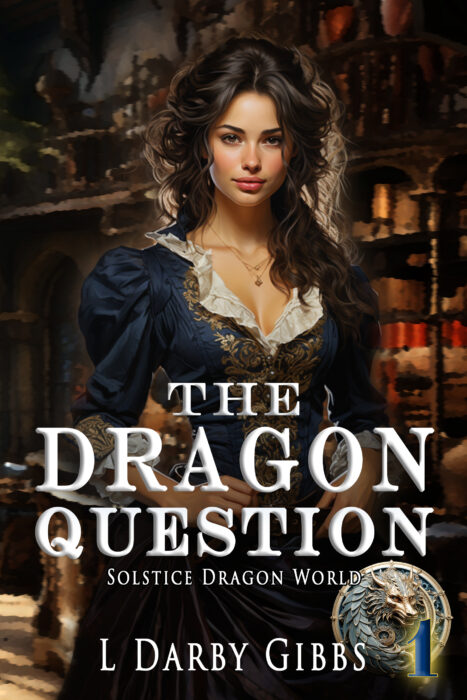Why one brown chair? And there’s an escape route. Sometimes teaching is like writing and other days, not even close. I stand before my students and do all that I can to hold their attention. I don’t know how to tap dance or tell good jokes, but sometimes I feel they would be good skills…
Tag: students
Flawed yet potentially beautiful. We all face demands that require near perfection, sometimes even perfection. Those of us naturally conscientious try hard to meet them. In fact, we often demand them of ourselves, without an outside force motivating us. I am a perfectionist, so I can certainly sympathize with those who demand it of themselves…
